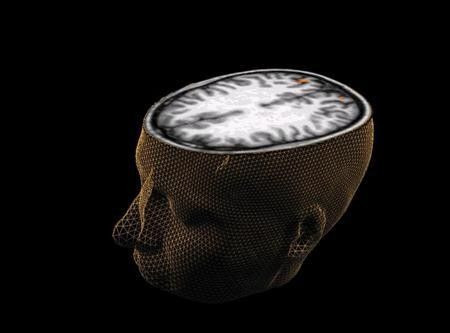Epilepsy and Seizures Not Always Linked, Stress Can be a Cause: Study

Seizures may be one of the most common symptoms of Epilepsy, but the two are not always linked, a new study has found.
Researchers at Johns Hopkins Hospital found that many patients are admitted to hospital from psychogenic seizures, which are triggered by stress and poor coping skills.
The study looked at 40 patients with non-epileptic seizures (PNES), 40 healthy volunteers and 20 patients that suffered from epilepsy. The participants were asked to report stressful life events they had endured and surprisingly the results showed that all groups had roughly coped with the same level of stress. The main difference cited was that the PNES group lacked effective coping mechanisms to deal with stress.
Our PNES patients experienced greater distress related to work and social functioning, health status, and legal system involvement ... While coping in PNES is characterized by diminished active coping and planning, we also found that higher levels of negative life-event distress, especially in PNES, are associated with increased levels of denial, mental disengagement, focus on and venting of emotions, and diminished positive growth, the researchers suggested.
These patients behave as if they have an organic brain disease, but they don't, says Jason Brandt, Ph.D., the study's senior investigator.And it turns out that their life stresses weren't all that high, but they're very sensitive to stress and they don't deal with it well.
The patients in the PNES group constituted of returning war veterans, single mothers in custody battles and over worked professionals. The stress behavior of these individuals are often misdiagnosed as a neurological disorder, according to the study.
One of the biggest clues that showed psychogenic seizure was not linked to a neurological disease was that the anti- seizure medications applied to the patients did not have an impact on the PNES group.
In the past, behaviors like PNES were called hysteria. Now they are often considered by psychiatrists as part of a conversion disorder, in which the patient unconsciously converts emotional dysfunction into physical symptoms.
The costs of believing you have epilepsy when you don't are high Brandt says. Financially, there are the costs of doctor visits, medication that doesn't work and hospitalizations, he added. Researchers involved in the study were prompted to investigate the case after they found such a high number of patients being misdiagnosed with epilepsy and being referred to specialized epilepsy units.
There's a lot of stress out there in our modern society, and this research highlights that many people don't have the skills to cope with that, says Gregory Krauss a professor of neurology at Johns Hopkins and one of the study's co-authors.
The full study was published in the journal Seizure.
© Copyright IBTimes 2024. All rights reserved.





















